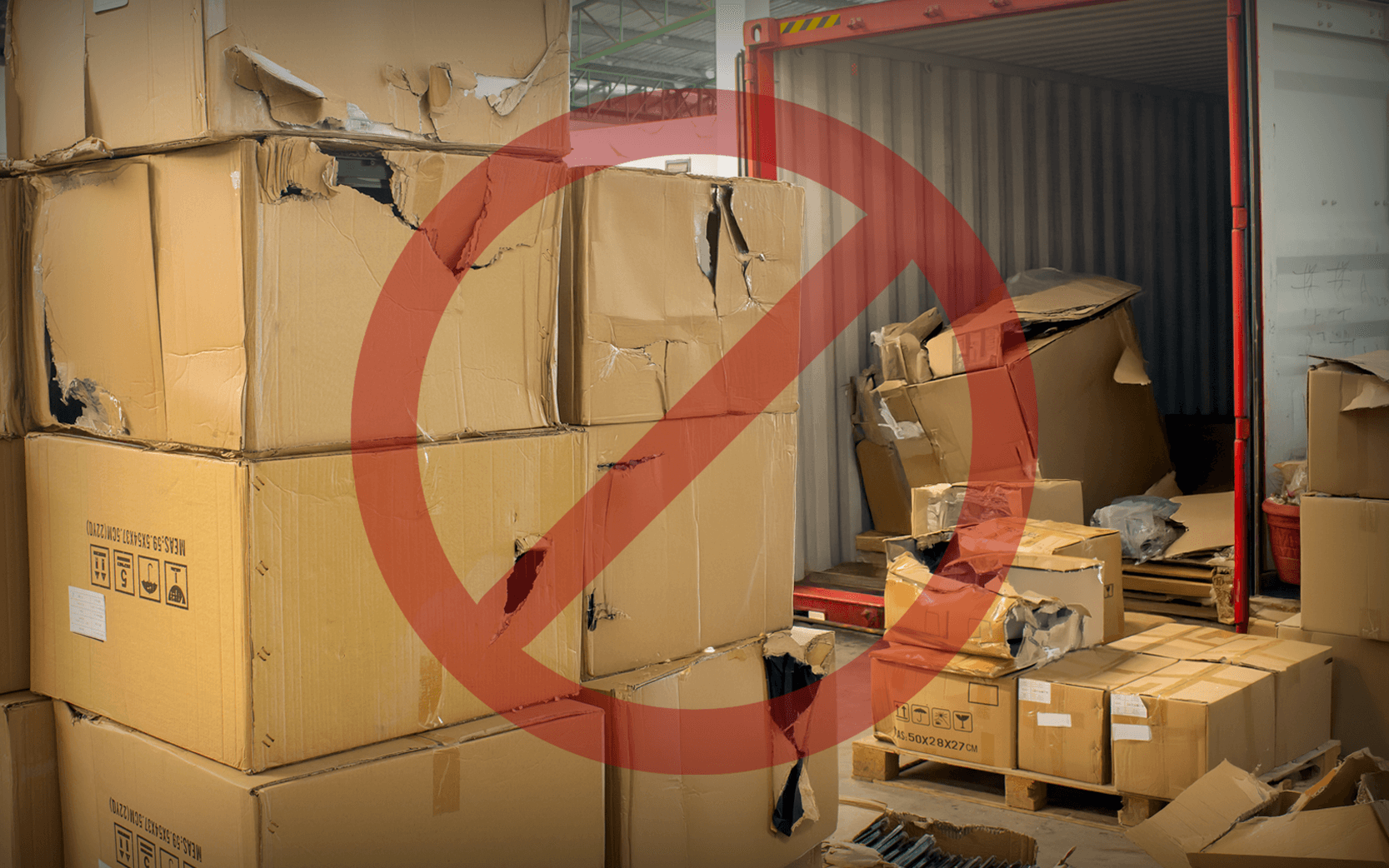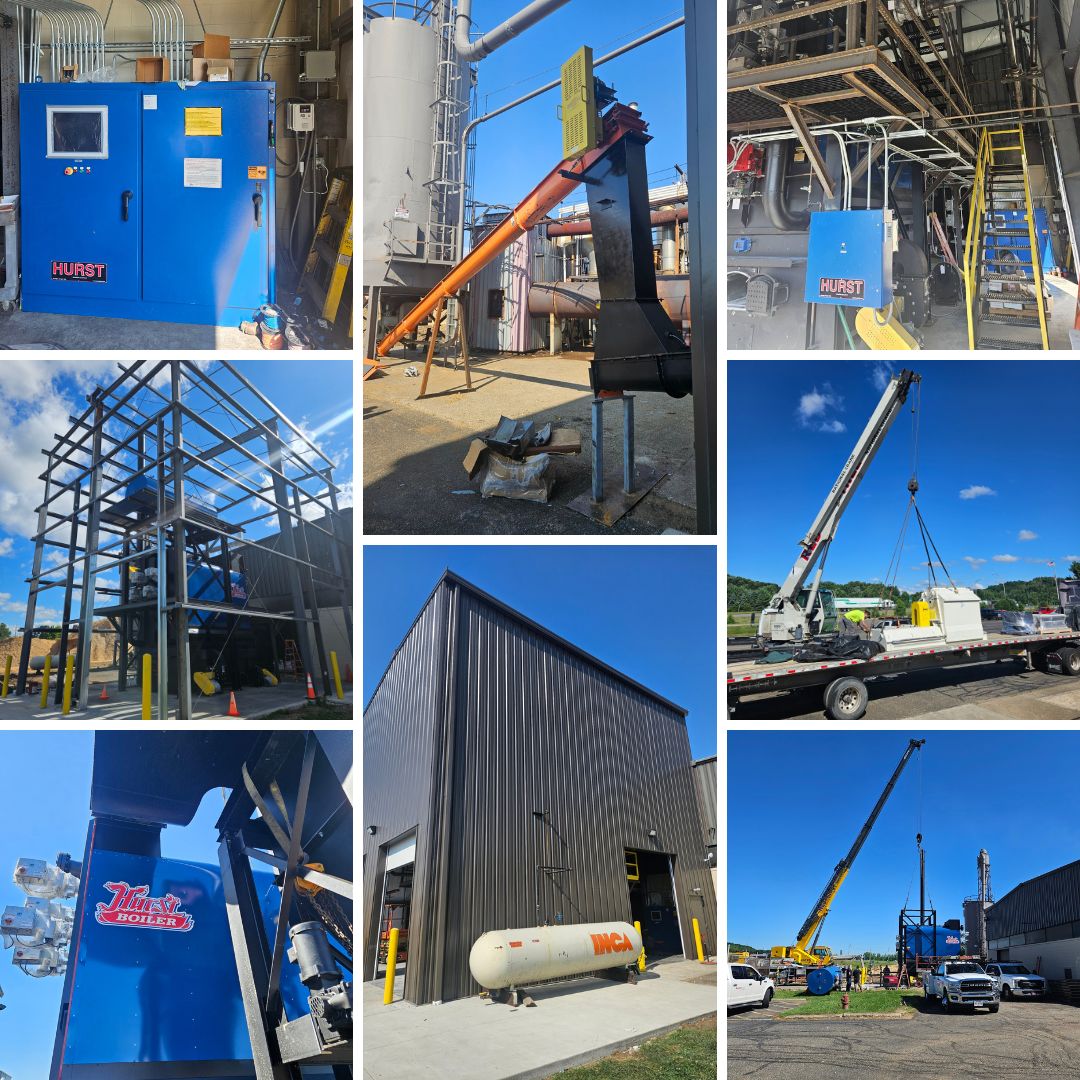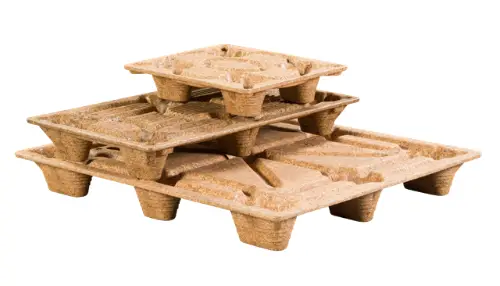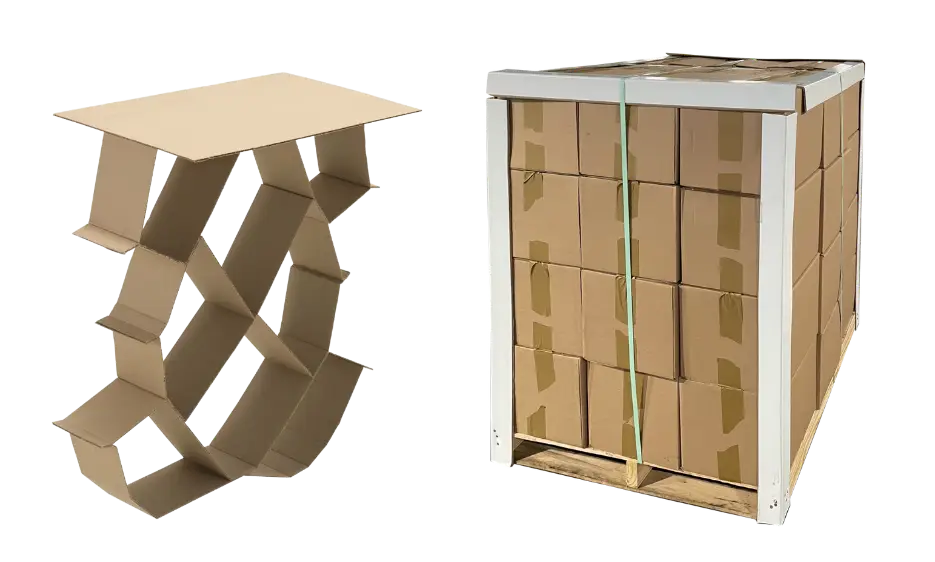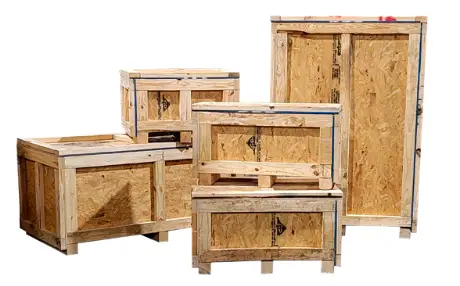Rick LeBlanc’s latest article in Pallet Enterprise is a fascinating look at how one research scientist’s lessons learned from the Internet may help us improve logistics and rethink the concepts of palletization and the unit load.
Although many are quick to point to the successes of the modern logistics supply chain, research done by Dr. Benoit Montreuil of Laval University paints a far different picture. According to Montreuil, today’s logistics system is inefficient, unsustainable, and a major source of greenhouse gas emissions. The system represents a 10-20% burden on GDP in most countries, with worldwide logistics costs growing faster than world trade.
Montreuil’s alternative logistical path is informed by the Physical Internet Initiative (http://physicalinternetinitiative.org/), or PI, which applies lessons from the internet or digital world to the logistics supply chain. To better understand PI, one needs to look at the early days of the internet where the flow of information was hampered by the incompatibility of various platforms and overburdened routers. Investment and standardization led to improved efficiencies, creating a seamless, universally accessible internet.
So what does this have to do with logistics? According to Montreuil, “Looking at it in more detail, PI is an open global logistics system that will strive towards universal connectivity that includes physical, digital and operational connectivity.” Montreuil sees pallets as part of a bigger issue that includes transportation, distribution and product assembly. For example, of the 535,000 distribution centers located in the United States, many of these facilities are utilized by a single company. Montreuil’s model asks us to think in terms of a warehouse management system (WMS) shared by many. Each unit load entering the facility is assigned an optimal location to achieve greater efficiencies. WMS facilities strategically located throughout the country will improve the flow of goods through the logistics supply chain. Montreuil suggests a similar level of optimization on a national scale for shipping containers.
Although it takes a bit of imagination, Montreuil sees parallels between the digital and physical world. The Internet relies on well-structured packets of information that are optimized to flow rapidly to destinations worldwide. In the logistics world, 20 and 40 foot containers efficiently move goods across the globe. Standardization also facilitates the movement of smaller packages via UPS and FedEx. A similar level of efficiency has not been achieved for goods occupying the middle ground between containerization and the ubiquitous next day air envelope.
Montreuil sees a potential solution in standard size physical packets, or functional ð -containers (ð = PI or Physical Internet containers) that meet specific performance requirements. This might take the form of snap together ð containers to form a unit load, eliminating the need for a pallet or base. Specially designed PI containers could snap to a forklift or use wheels designed to facilitate movement.
Montreuil recognizes that doing away with pallets without making serious modifications to the existing logistics supply chain would spell disaster, and while his model doesn’t offer all the answers, companies and organizations such as Proctor & Gamble, CHEP, and the Material Handling Industry of America (MHIA) are exploring alternative solutions. Although they are not danger of immediate extinction, today’s pallets will look and function very differently in the future. By listening to customer needs, carefully examining the inefficiencies in the logistics supply chain, and moving toward increased standardization, pallets will evolve to move products more efficiently. LeBlanc closes his article noting that although eliminating pallets may not be the solution, rethinking the unit load is sound concept.
At Litco, we believe Presswood Pallets are an important part of this equation. Litco uses an eco-friendly, sustainable process to convert damaged logs, wood waste, and other wood by-products into new molded wooden pallets that are suitable for domestic and export use. Presswood pallets are 60% lighter than conventional wooden pallets and less expensive than their plastic counterparts. The nestable design of Litco Presswood Pallets offers a space saving ratio of 4-1. They reduce pallet purchases and trailer and lift truck traffic at the receiving docks approximately 60% over traditional pallets, creating a safer workplace and space savings both in the warehouse and at workstations.
Although creating a more efficient, sustainable and national international logistics supply chain with standardized pallets may seem far off on the horizon, it is never too early to start looking at your own company’s internal use of pallets and containers. To learn more about whether switching from conventional to presswood pallets is a good fit for your organization, or to request a quote, contact Litco International for more information.

